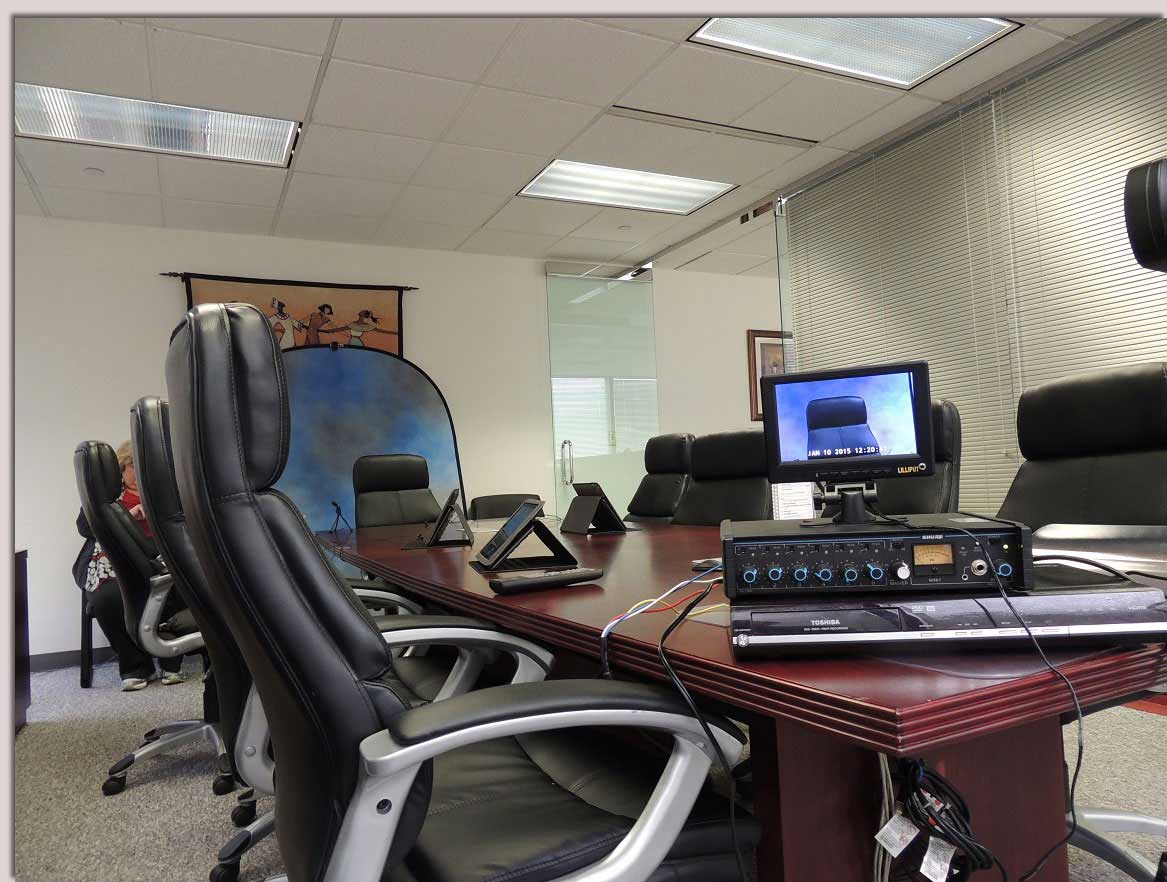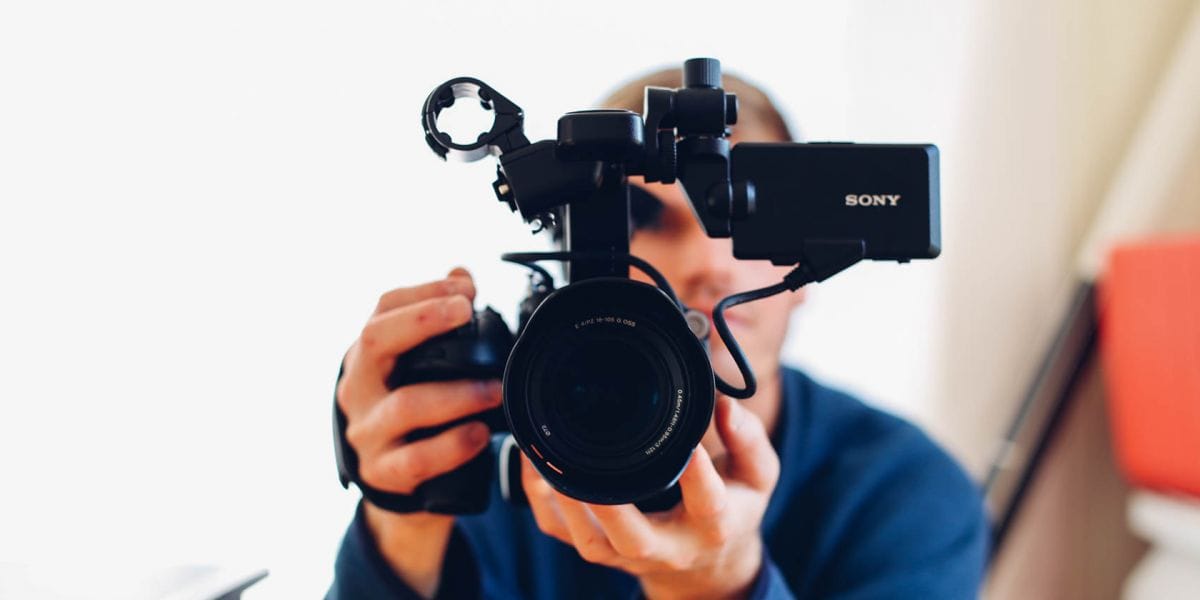Legal Videography: An Innovative Approach to Recording Legal Testimonies
Legal Videography: An Innovative Approach to Recording Legal Testimonies
Blog Article
The Importance of Lawful Videography in Modern Legal Process
In contemporary lawful settings, the assimilation of lawful videography has actually come to be significantly significant, offering as an essential tool in the documentation and discussion of evidence. As the legal landscape evolves with technological innovations, the effects of high-quality videography extend past mere documentation, increasing essential questions concerning its effect on judicial outcomes and the general integrity of the lawful process.
Meaning of Lawful Videography
Legal videography refers to the specialized practice of recording sound and aesthetic web content for usage in lawful settings. This method incorporates numerous sorts of recordings, including depositions, witness statements, and trial discussions, which offer to document key facets of lawful process. The key purpose is to produce a precise and dependable visual document that can be used in court or for pre-trial preparations.
Lawful videographers are trained professionals who make use of sophisticated recording devices and strategies to ensure top notch video and audio capture. They are skilled in the legal standards and requirements governing the admissibility of video clip evidence, making their expertise indispensable in the lawful procedure.

Benefits in Legal Proceedings
The incorporation of lawful videography right into contemporary legal proceedings uses numerous benefits that improve both the efficiency and efficiency of the judicial procedure. One primary advantage is the accurate and permanent paperwork of court proceedings, which can be indispensable for appeals and record-keeping. Unlike typical transcription methods, video catches non-verbal cues and the general context of statements, supplying a richer, extra nuanced account of occasions.
Moreover, legal videography can simplify the presentation of proof (legal videography). By visually showing aspects of a situation, such as mishap reconstructions or expert analyses, lawyers can share complex information better, making it easier for courts and juries to realize crucial points. This can bring about even more educated decision-making and outcomes
Additionally, legal videography promotes availability. Recorded depositions can be reviewed from another location, allowing lawful groups to prepare even more extensively without the constraints of geographical constraints. This ease aids in situation preparation and approach growth.
Last but not least, the professional high quality of videography provides trustworthiness to the process, strengthening the seriousness and importance of the legal procedure. legal videography. In recap, lawful videography considerably adds to a more clear, effective, and impactful judicial system


Enhancing Witness Testimonies
Witness testimonies play an important function in legal proceedings, and the usage of videography considerably boosts their effect and performance. By catching the nuances of a witness's disposition, tone, and body movement, legal videography gives a detailed understanding of the testament that created records alone can not share. This visual representation help in preserving the witness's initial declarations, making sure that jurors and attorneys can perceive the statement in its intended kind.
Additionally, videography permits a more engaging discussion of proof, as jurors are frequently more receptive to audio-visual materials compared to standard documents. The ability to observe a witness's psychological state enhances the credibility of their statements, therefore boosting the persuasive power of their testimony. In addition, video recordings can be made use of for training and prep work, enabling lawyers and witnesses to assess and refine their discussions.
In situations where witnesses might be not available for test, videography ensures that their testimonies can still exist, safeguarding the integrity of their accounts. On the whole, the combination of videography in legal process markedly enhances the quality and integrity of witness testaments, fostering an extra educated directory and equitable judicial process.
Influence on Court Understanding
Catching witness statements on video clip not only improves their distribution yet also substantially influences jury understanding of the instance. The visual and acoustic components of video recordings supply jurors with a much more immersive experience, enabling them to view nuances in tone, body language, and psychological expressions that could be lost in written transcripts. This multi-sensory interaction cultivates a much deeper link with the testament, aiding jurors in comprehending the intricacies of the situation.
In addition, lawful videography can aid make clear complex details and make certain that bottom lines exist in a coherent manner. Jurors frequently value the possibility to take another look at critical testimonies during considerations, strengthening their understanding of the evidence. The capacity to observe a witness's temperament can likewise impact their trustworthiness evaluation, as jurors may create judgments based on visual cues that resonate with their understandings of reliability and reliability.
Furthermore, the usage of video clip can simplify the presentation of evidence, making it more easily accessible and memorable for jurors. In general, the tactical application of lawful videography plays a critical duty in boosting court understanding, ultimately contributing to a fairer and much more enlightened legal procedure.
Future Trends in Legal Videography
Significantly, attorneys are acknowledging the transformative potential of emerging innovations in legal videography. As the lawful landscape progresses, the combination of man-made knowledge (AI) and artificial intelligence is established to change the way video clip evidence is caught, processed, and presented. AI algorithms can analyze large amounts of video clip footage to determine relevant sections, boosting performance and ensuring that vital details is not forgotten.
In addition, developments in digital reality (VIRTUAL REALITY) and increased fact (AR) are positioned to give immersive experiences in courtrooms. These modern technologies enable jurors to visualize criminal activity scenes or understand complex scenarios in a more appealing manner, possibly boosting their understanding and retention of evidence.
The increase of cloud-based services likewise facilitates the safe storage space and sharing of video clip proof, permitting seamless partnership among lawful groups. legal videography. As remote hearings become much more widespread, top notch legal videography will play a necessary role in making certain that remote testaments are Read Full Report recorded precisely and presented properly
Final Thought
Finally, legal videography serves as a crucial device in modern legal proceedings, boosting the precision and clarity of evidence presentation. By catching witness testaments in an aesthetic format, it facilitates click here for more info a deeper understanding for jurors and preserves critical statements for future referral. As modern technology continues to progress, the integration of top notch videography is anticipated to increase, even more solidifying its role in promoting the stability and effectiveness of the legal procedure.
Report this page